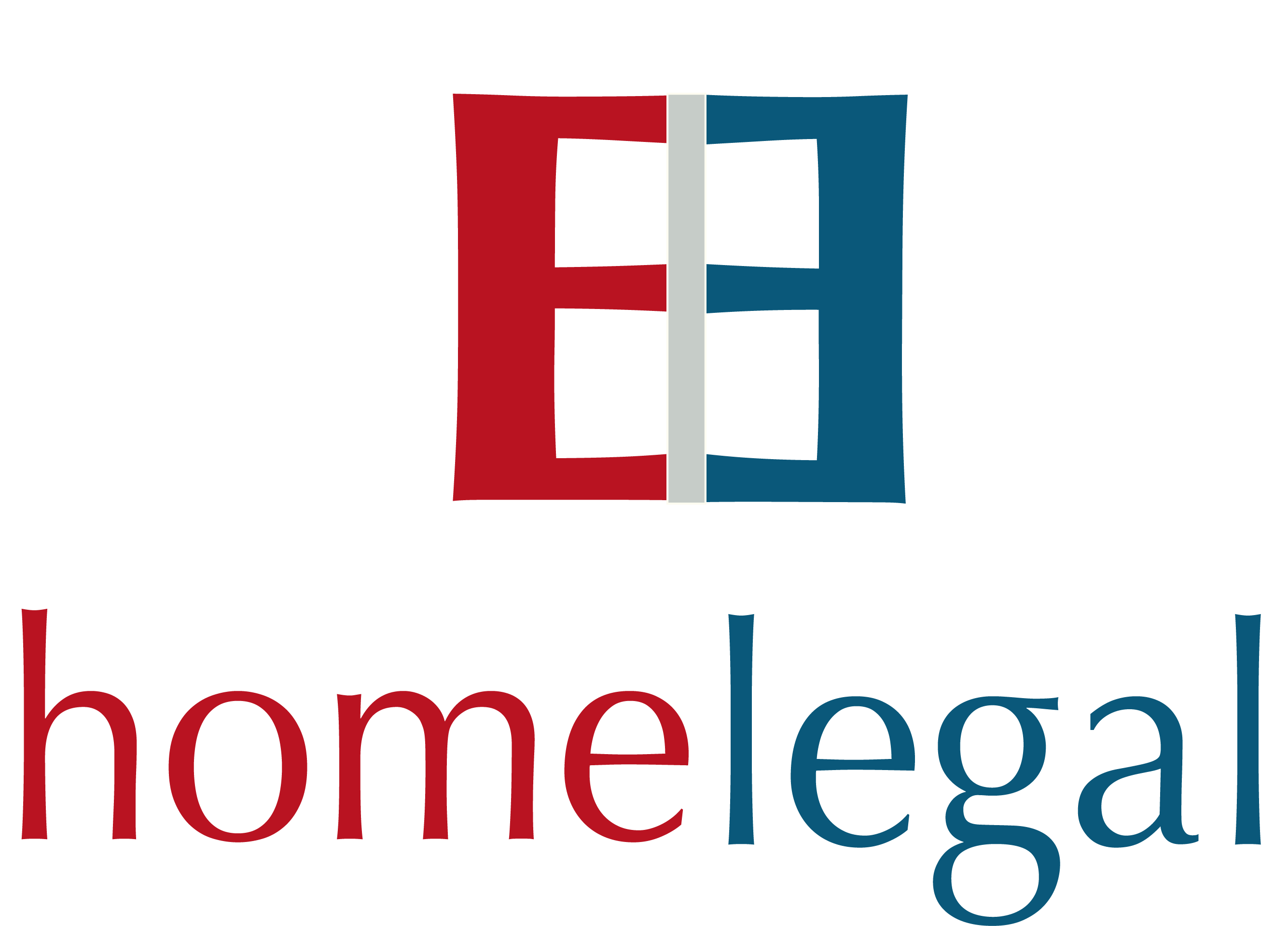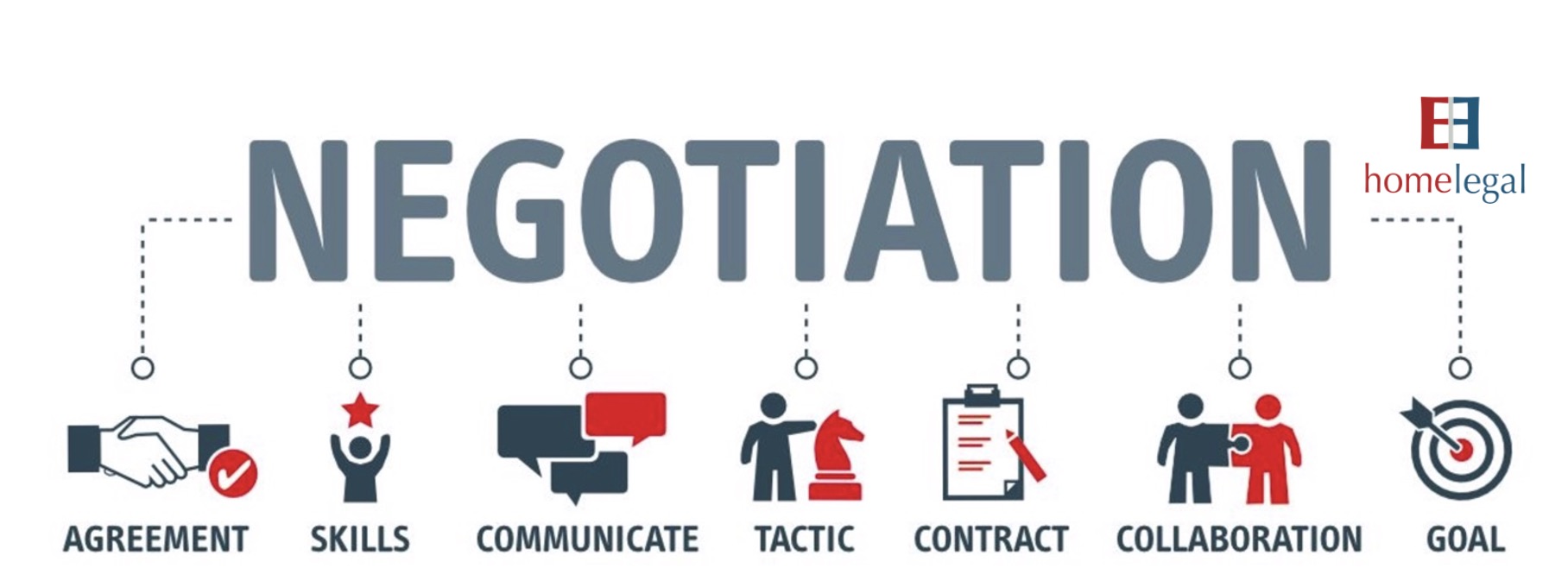HỢP ĐỒNG THƯƠNG MẠI ĐIỆN TỬ: PHÂN LOẠI
Các hợp đồng thương mại điện tử có thể được chia thành nhiều loại dựa trên hình thức của chúng. Danh mục này bao gồm: (1) hợp đồng thương mại truyền thống; (2) hợp đồng thương mại điện tử được hình thành thông qua giao dịch tự động: (3) hợp đồng thương mại điện tử thông qua email; và (4) hợp đồng thương mại điện tử sử dụng chữ ký số.
(1) Hợp đồng thương mại truyền thống được đưa lên website và được chuẩn hóa về mặt nội dung. Các hợp đồng này do một bên soạn thảo và đăng tải trên website với tùy chọn “Đồng ý” hoặc “Không đồng ý” để các bên đọc và xác nhận sự đồng ý của mình với các điều khoản của hợp đồng. Các hợp đồng truyền thống được hình thành thông qua giao dịch tự động và cũng có thể được ký bằng chữ ký số.
(2) Hợp đồng thương mại điện tử hình thành thông qua giao dịch tự động được sử dụng phổ biến trên các website thương mại điện tử bán lẻ (B2C). Quá trình đặt hàng trên trang web của người bán được tự động hóa và nội dung của hợp đồng được hình thành bằng giao dịch tự động. Phần mềm tổng hợp và xử lý thông tin khách hàng nhập vào, khách hàng xác nhận đồng ý với các điều khoản của hợp đồng.
(3) Hợp đồng thương mại điện tử thông qua thư điện tử được sử dụng phổ biến trong giao dịch điện tử giữa các doanh nghiệp (B2B). Các bên sử dụng email để chào hàng, hỏi và đàm phán các điều khoản của hợp đồng như giá cả và số lượng. Sau khi quá trình thương lượng hoàn tất, các bên tổng hợp thông tin thành một hợp đồng hoàn chỉnh và thống nhất với nhau. Ưu điểm của hình thức này là tốc độ giao dịch nhanh, chi phí thấp và khả năng truyền tải nhiều thông tin chi tiết. Tuy nhiên, nhược điểm là tính bảo mật thấp và tiềm ẩn nguy cơ dễ lộ thông tin, thiếu ràng buộc trách nhiệm các bên.
(4) Hợp đồng thương mại điện tử sử dụng chữ ký số được sử dụng trên các sàn giao dịch điện tử tiên tiến như Alibaba, Shopee, Lazada. Các bên phải có chữ ký điện tử để ký các thông điệp dữ liệu trong quá trình giao dịch. Loại hợp đồng này bảo mật và ràng buộc các bên hơn so với các dạng hợp đồng thương mại điện tử khác. Việc sử dụng chữ ký điện tử cần có sự tham gia của bên thứ ba, đó là tổ chức cung cấp dịch vụ chứng thực chữ ký điện tử. Mặc dù dịch vụ này mang lại sự tiện lợi và bảo mật,nhưng nhiều doanh nghiệp vẫn cảnh giác với sự cần thiết của chữ ký điện tử.
PART 3: E-COMMERCE CONTRACTS: CLASSIFICATIONS
The classification of e-commerce contracts can be divided into several categories based on their form. These categories include: (1) traditional commercial contracts; (2) e-commerce contracts formed through automatic transactions; (3) e-commerce contracts through email; and (4) e-commerce contracts using digital signatures.
1. Traditional commercial contracts are posted on the website and are standardized in terms of content. These contracts are drafted by one party and posted on the website with the option of "Agree" or "Disagree" for the parties to choose to confirm their consent with the terms of the contract. The traditional contracts are formed through automated trading and can also be signed using digital signatures.
2. E-commerce contracts formed through automatic transactions are commonly used on retail e-commerce websites (B2C). The process of placing an order on the seller's website is automated, and the contents of the contract are formed by automatic trading. The software synthesizes and processes the customer information entered, and the customer confirms their agreement to the terms of the contract.
3. E-commerce contracts through email are commonly used in electronic transactions between businesses (B2B). The parties use email to offer, inquire, and negotiate the terms of the contract such as price and quantity. Once the negotiation process is complete, the parties synthesize the information into a complete contract and agree upon it. The advantage of this form is its fast transaction speed, low cost, and ability to transmit a lot of details. However, the disadvantage is low security and the potential for easy information disclosure and lack of binding responsibility for the parties.
4. E-commerce contracts using digital signatures are used on advanced electronic exchanges such as Alibaba, Shopee, and Lazada. The parties must have an electronic signature to sign the data messages in the transaction process. This type of contract is more confidential and binding on the parties compared to other forms of e-commerce contracts. The use of electronic signatures requires the participation of a third party, which is an organization that provides e-signature certification services. Despite the convenience and security offered by this service, many businesses are still wary of the need for digital signatures.

















